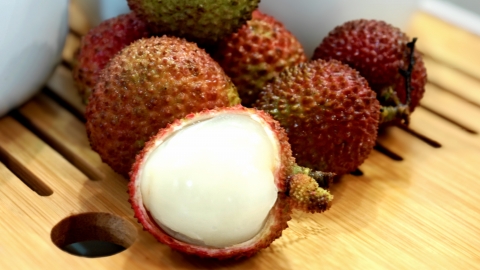Can patients with appendicitis eat lychee?
Generally speaking, whether patients with appendicitis can eat lychee should be determined according to specific circumstances. Details are as follows:

When the condition of appendicitis is stable, patients can consume lychee in moderation. Lychee is rich in various nutrients beneficial to the human body, such as vitamin C, protein, fiber, riboflavin, iron, and magnesium. These nutrients can help enhance immunity, promote skin health, prevent constipation, and have a certain positive effect on physical recovery. However, it is important to control the amount consumed to avoid digestive problems or excessive internal heat caused by overconsumption.
However, during an acute appendicitis attack or the early recovery phase after appendectomy, patients should avoid eating all raw, cold, or hard-to-digest fruits, including lychee. At this time, the patient's digestive system is relatively fragile, and consuming lychee may increase the burden on the gastrointestinal tract, causing symptoms such as abdominal pain and diarrhea, which are not conducive to recovery. In addition, if a patient is allergic to lychee, it is not recommended to consume it in order to avoid allergic reactions.
In daily life, patients with appendicitis should maintain good eating habits, which helps reduce gastrointestinal strain and accelerate the recovery process.






